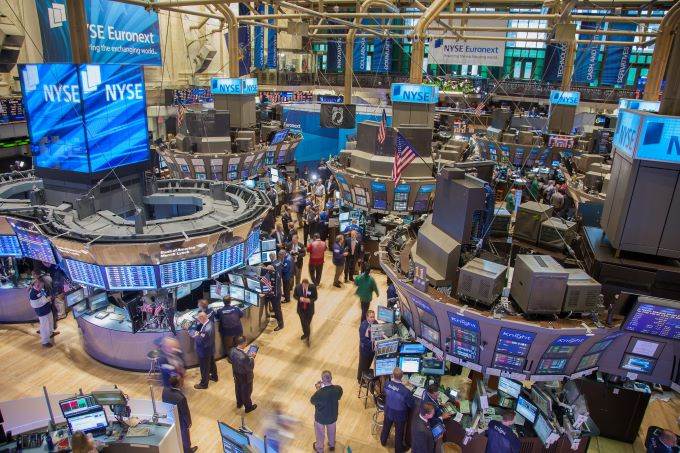 All three of Wall Street’s benchmark indexes closed lower on Tuesday after seeing significant spikes during the New York trading session, causing analysts to question whether the recent stock market rally is over, or whether the downward swing was just a retracement on a push higher.
All three of Wall Street’s benchmark indexes closed lower on Tuesday after seeing significant spikes during the New York trading session, causing analysts to question whether the recent stock market rally is over, or whether the downward swing was just a retracement on a push higher.
At the open of Wall Street yesterday, the S&P 500 was up nearly 10 percent for the week, but the index gradually gave up its 90-point gain over the course of the day, and it ended down 0.16 percent. CNBC analysts point out that many popular stocks such are trading within range of their starting points before the coronavirus crisis rocked the stock markets. This begs the question – are we in bear territory, or do the bulls still have more room to run?
Strong earnings reports released during the start of the crisis indicated a strong Q4, which may have been hiding what will come in the next earnings season – a reflection of the near total shutdown of the global economy. The U.S. was a relatively slow adapter to social distancing and lockdown protocols, but its companies are still vulnerable to the global economy, especially in the manufacturing and travel industries. In other words, the path towards a new bull market is likely to see significant volatility in the short run.
Asian indexes were trading mixed on Wednesday after Tuesday’s volatile Wall Street session. Traders were also conflicted by the rising death toll in the U.S. and the reopening of China’s Wuhan province, where the virus began some three months ago. More than 1,800 COVID-19 deaths were reported in the U.S. yesterday, the deadliest day since the outbreak began.
Japan’s Nikkei 225 surged 1.57 percent as of 1:24 p.m. HK/SIN despite the country’s Prime Minister Shinzo Abe calling a state of emergency in six of the country’s biggest cities, which, in other circumstances may have shaken the markets, but seems instead to have boosted confidence that the virus will come under control more quickly in Japan thanks to the new restrictions. Australia’s ASX 200 was up 0.85 percent, and South Korea’s Kospi gained 0.38 percent, while China’s benchmarks and Hong Kong’s Hang Seng Index both traded lower.
Oil Prices Just as Volatile
The global stock volatility mimicked volatility in the oil markets, where prices spiked on Wednesday after falling in the previous sessions. Traders remain optimistic that the reopening of Wuhan will pave the way for additional openings in the future, and that a deal will be struck between Russia and Saudi Arabia in the meeting scheduled for tomorrow. U.S. WTI surged 6.52 percent by the mid-afternoon in Asia, to $25.17 per barrel, while Brent crude was 3.2 percent higher to $32.89 per barrel. If a deal is struck to limit production, prices could see even steeper spikes in the coming days.
